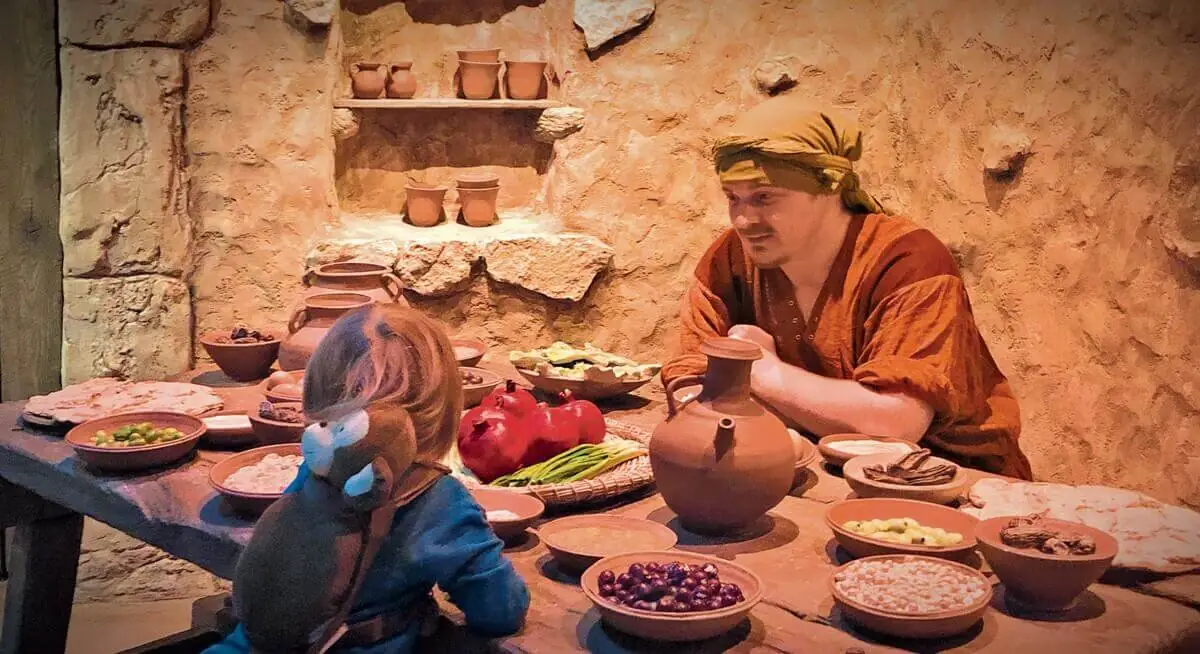
On our trip back home to Israel this summer, our flight was canceled, and we got stranded in Washington, D.C. for two days. Looking to make the best of a lousy situation, we visited the Museum of the Bible. Just recently opened in the nation’s capital, I have to say the place was nothing less than magnificent – a worthy monument to the greatest Book ever written. The gorgeous seven-story building had an entire floor dedicated to bringing the stories of the Bible to life. There was even a village you could walk through and interact with characters from the Bible era.
A section dedicated to the Tanach (Old Testament) had a multi-sensory presentation that included a stunning audio and visual walk-through experience of the Bible timeline. As we walked through the rescue story from Egypt and journeyed through the desert, the sheer emotion at finally arriving in the Promised Land was electric. Right before we turned a corner, we stood by a pile of rocks and on the wall saw a Bible verse from Joshua 4 explaining:
“In the days to come, when your children ask their fathers, ‘What are these stones doing here?’ tell your children this: ‘Israel crossed over this Jordan on dry ground.’”
As we turned the corner, my excitement waned as I saw the next verse on the wall:
“Then another generation grew up that didn’t know anything of God or the work He had done for Israel.” Judges 2:10
I turned to my daughter and asked her, “What happened between that last verse and this one?” She looked at me and her eyes got wide, “Ohhh! They didn’t tell their kids!” she answered.
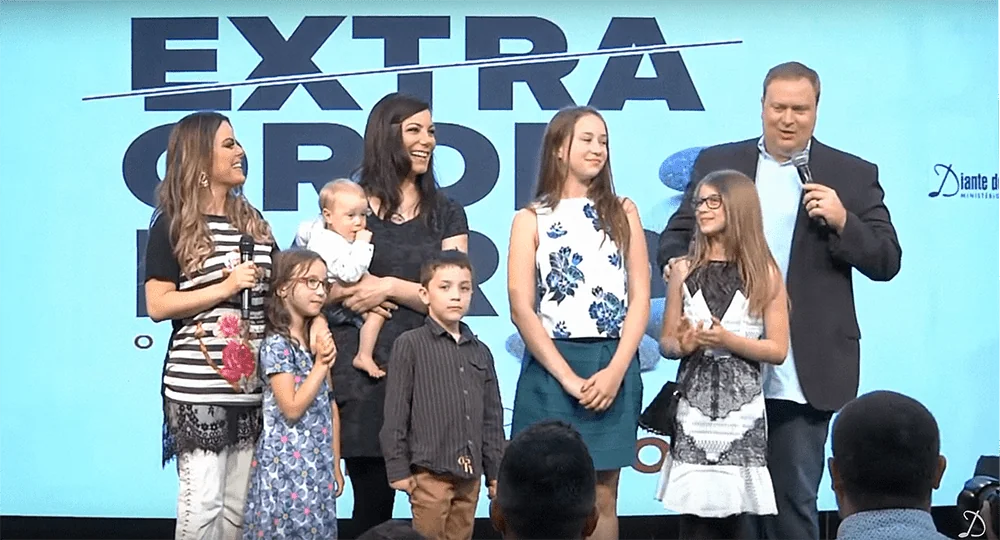
MOVING AT A FAMILY PACE
Twenty years ago this past month, Kobi and I exchanged our vows. It took six years before we had our first child and two more years before we had our second. We had gotten used to traveling and ministering and were very involved with our congregation in Tel Aviv. Even with two little ones we were able to drag our kids with us or grab a babysitter. By the third child we realized we had to slow down a bit. And by our fourth kid we started rethinking everything.
Four was more than a handful, but with three girls and one boy, I couldn’t help but wonder if we should try for one more boy. I was leaning in the direction of having another one but wrestled with the idea of another pregnancy. Then one night while sitting at the dinner table, our oldest daughter, who was ten at the time, said out of nowhere, “I feel like there’s someone missing in our family.”
That statement not only confirmed to me that, indeed, we were destined to have this fifth child (which did turn out to be a boy!), but also something clicked in me about families. It seemed there was actually a plan for how many children God wanted in our family. For Jacob it was 13, for Isaac it was two. Every family is different. For our journey, team Ferguson needed five new players to get us to where we were going in God’s story.
Already ministering full-time, we looked to families of successful ministries and businesses we knew and saw that more often than not, the family was in the background of the parents’ lives. No one would argue that the parents deeply loved their children, but there was an underlying feeling of guilt the parents seemed to have. It was a feeling that focusing too much on their children was somehow neglecting God’s call. Something about this seemed off. For what good is it if a man helps save a whole nation and loses his own family?
And yet somehow, our society has been set up like this.
Processing through this was like the feeling you get when you finish putting together a piece of furniture and realize there are still several unused screws laying around. It looks like you built it right, but at some point, something is going to fall apart because it isn’t put together the way it was designed. Not once in Scripture did God give someone children to punish them. Children were always seen as a blessing, and a reward for following the ways of the Lord – a promise that one’s story would continue after them. If a person’s business or ministry was part of God’s plan, we knew children couldn’t be an obstacle in its path.
NOT WITHOUT MY SON
A few years ago news outlets all over the U.S. debated this very issue. Adam LaRoche, a professional baseball player, brought his teenage son to practice every day. Adam also had an arrangement with his son’s school when they traveled for games and everyone on the team loved the kid. At some point, however, the team’s president decided that out of principle he didn’t like the arrangement. “We all think his kid is a great young man. I just felt it should not be every day, that’s all. You tell me, where in this country can you bring your child to work every day?” the team president texted. Adam, who clearly knew his priorities resigned, and walked away from the 13 million dollars he would’ve earned that year.

Why do we see people abandon high paying jobs or prominent ministry positions because of burnout or, in Adam’s case, refusing to live a life that would burn him out? I would venture that as long as society ignores the most basic of human needs – the need to grow up in a loving family and then raise your own – you will find successful people increasingly empty. There is so much focus on how we as individuals should live our lives – with the right habits, food choices and squeezing the life out of every moment to get ahead.
Family doesn’t work on a time clock. Whether it’s a sick kid the morning of the planned trip to Disneyland or on the night before an important meeting at work – the chaos of raising kids brings even the most organized of people to their knees. My guess is, God did that on purpose (not the sickness, but the unpredictability of it all). Even the disciples didn’t get it at first – shooing kids away who interrupted Yeshua as he spoke, only to be rebuked by Yeshua for interrupting the kids. The chaos messes with us, but it doesn’t mess with Him. Like the Sabbath, raising kids puts the brakes on our ambitions and forces us to stay rooted in humanity – and dependent on God.

IT’S POSSIBLE
Several years ago we visited Brazil with our whole family. We spoke at a conference with all sorts of well-known ministry and worship leaders. At one point after singing a song and speaking a bit we brought our kids up and introduced them to everyone and even let our five-year-old share. His adorable two minutes on that stage got 100,000 views on YouTube within the week.
The next day of the conference I was sitting in the green room backstage when several people started pointing at me and talking intensely in Portuguese. They looked upset so I asked my friend in a whisper – “What are they saying? Are they mad at me?” She giggled and explained, “They are saying they don’t understand how you can do all these things, sing and speak, travel the world and minister and raise five kids at the same time. People here love children but they are afraid to have many because they think they will not have time for their ministry!”
I replied, “Tell them you can do anything with five kids that you can do with no kids. You just have to do it slower at first.”
No one can claim to have all the answers to everyone’s situation because there are so many family variables. I do know that we applied Biblical principles and Jewish traditions that have proven successful in many cultures for thousands of years and adapted it to our life circumstances – and it is working. It worked so well, in fact, that we published Color Me Family, a family discipleship manual/coloring book to help others who wanted practical ideas for training their family in the ways of the Lord.
In the short run, choosing family first is difficult because you will observe the “success” of people who are willing to give up their personal life in the name of the Lord’s mission or their boss’s vision. In the long run, however, walking at a pace your family can keep up with will prove far more rewarding.

MONKEY SEE, MONKEY DO
People inherently strive to become what they see. It’s the reason young children want to be “big” like their parents and why good kids begin to behave badly when they hang around bad company.
Isn’t it interesting how many young people today who can’t sing dream of being singers? Do you think it has anything to do with the endless singing contest shows and movies that climax with a young person on stage performing a song? This point was demonstrated when scores of people began posting proud before-and-after pictures of their clean closets soon after Netflix aired shows like Marie Kondo and The Minimalists – shows on tidying up and enjoying the uncluttered life. I bet we could solve a good bit of the agriculture crisis – where the average farmer is over 60 and young people are not lining up behind them to take the reins – by making shows about the unique life of farming and the tight community that surrounds it.
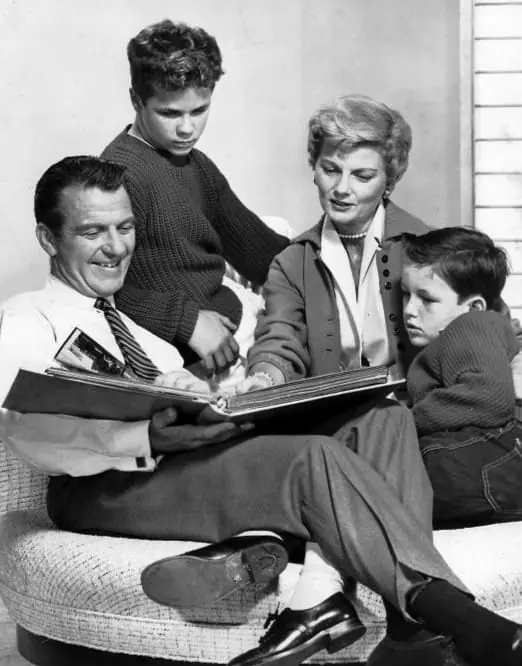
But no. Gone are the days of Leave It to Beaver where the children create innocent mischief and are then corrected and guided by their parents on how to explore life safely.
That is deliberate.
Films that include a traditional warm family are rare these days. Instead, movies geared towards kids almost always include one parent missing and the child on a journey to reject the life their existing parent is trying to “force” on them. Mothers are often portrayed as smart and capable (though exhausted) while the fathers are portrayed as blubbering fools or, at the very least, weak men.
God provided the family structure as a safe place to develop each fledgling generation in the ways and knowledge of God. Therefore, family would be the most obvious target for those who want to see the knowledge of God removed from the earth. And who isn’t aware of how intensely influencers in places of power like politics and the entertainment industry would like to see just that?
It is interesting that the moral lawlessness – or freedom, as a they like to spin it – applauded in pop culture, specifically targets the wellbeing of the family. No one is arguing that theft or murder is okay. The agenda is to deliberately lay an axe to the root of the human calling to be fruitful, multiply and pass on the knowledge of God.
A classic example for this is the normalizing of couples living together without first making a lifelong commitment. Though the flippancy of casual sex carries with it its own problematic consequences of disease and heartbreak, the greatest losers from this practice are the millions of children who will grow up knowing they had a father who ditched them. Thus their response to the idea of a God would be, “So, who is this Man in the sky saying He is like that guy who left my mom when she needed him most? How is He going to help me understand who I am and where I came from and why I am here?”

YOUR STORY MATTERS
If I gave you a necklace and told you I got it from the store today on the way to meeting you, you would likely appreciate it and perhaps put it on. But what if I gave you a necklace and shared with you in detail how my Jewish grandmother received it on her 12th birthday, and then the next day had to flee an attack on her village? Then she took a ship across the ocean to pre-Israel British Palestine, was denied entry by the British but was granted asylum in the US. She married and had 7 children, one of which was my dad, and he passed this necklace to me that she carried with her through her harrowing experience. And now, I was giving it to you.
There is no doubt in my mind you would view and treat that necklace differently. You may even feel awe as you take in the history of all this necklace has been through and survived. That is the awe we must instill in our kids as we tell them of where they came from – the seed of who they would become has been carried for generations.
Except for the necklace part, that is in fact my story. And having been told what my ancestors went through to get me to where I am makes me not want to be the one who drops the ball in my family’s story.
One of the coolest (and a bit embarrassing) things about being in the lineage of the Jewish people is how much of my people’s history is recorded. True, it’s awkward that everyone has to know some of the misdeeds of my ancestors – they were a family of humans after all. Still, it’s a part of who I am just like your imperfect ancestors made you who you are. We are the continuation of a long story. And knowing where we came from should give us purpose – as it would to anyone who learns of their ancestor’s journey.
What if our kids lived their lives in awe of all the things previous generations of their family went through to get them where they are now? The story isn’t limited to a blood line. When a child is brought into a family, that family’s story becomes their own. If the generation we are raising can grasp the past and dream of their future significance in this long story, maybe suddenly that pair of jeans or iPhone won’t be the most important thing in the world. Maybe doing things that will matter 100 years in the future will matter to them now.
So, if I may ask again, have you told your kids yet?
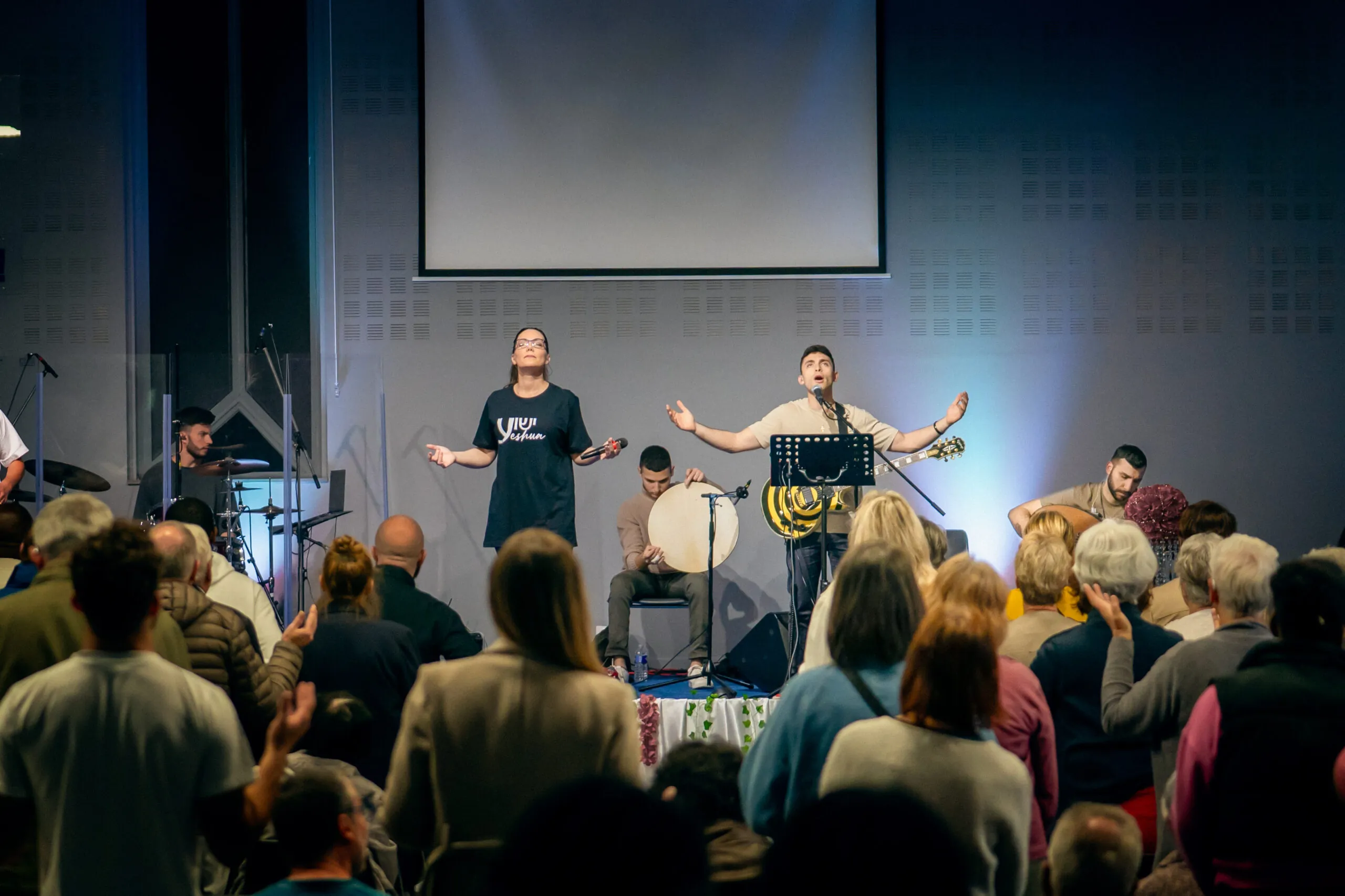
Israel and Ishmael Tour Mission
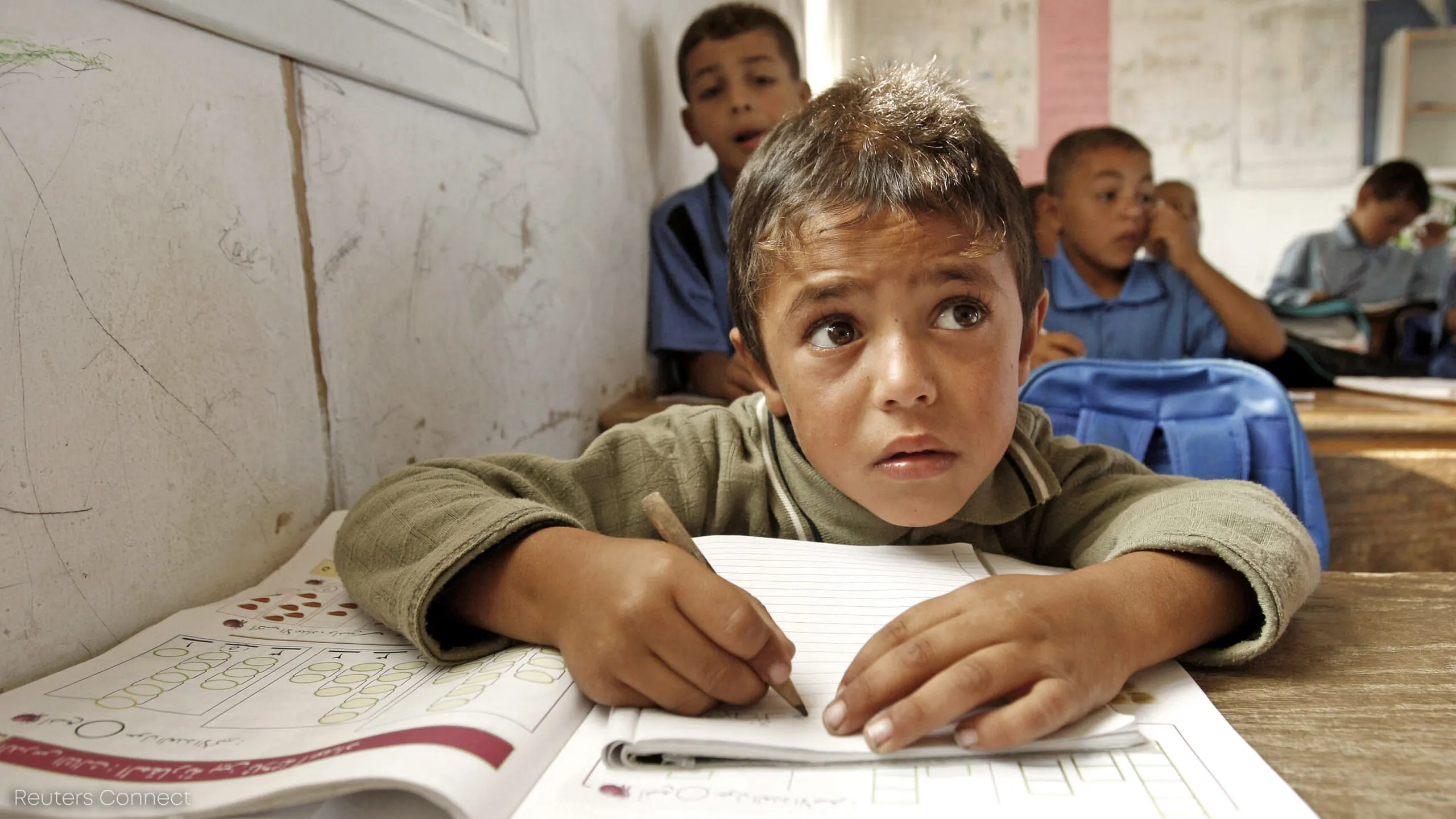
No Child Left Behind
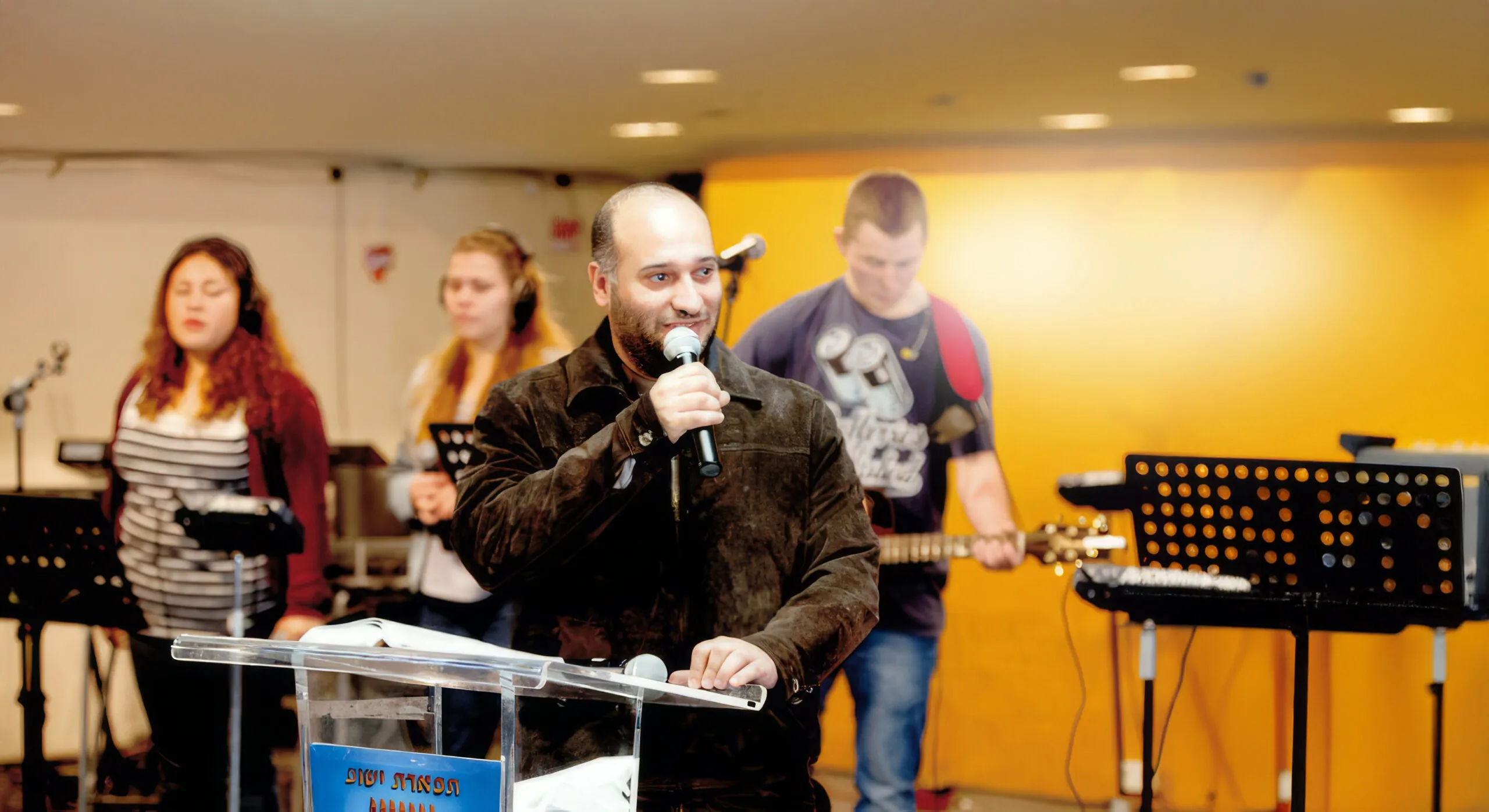
Israel’s First Indigenous Pastor?
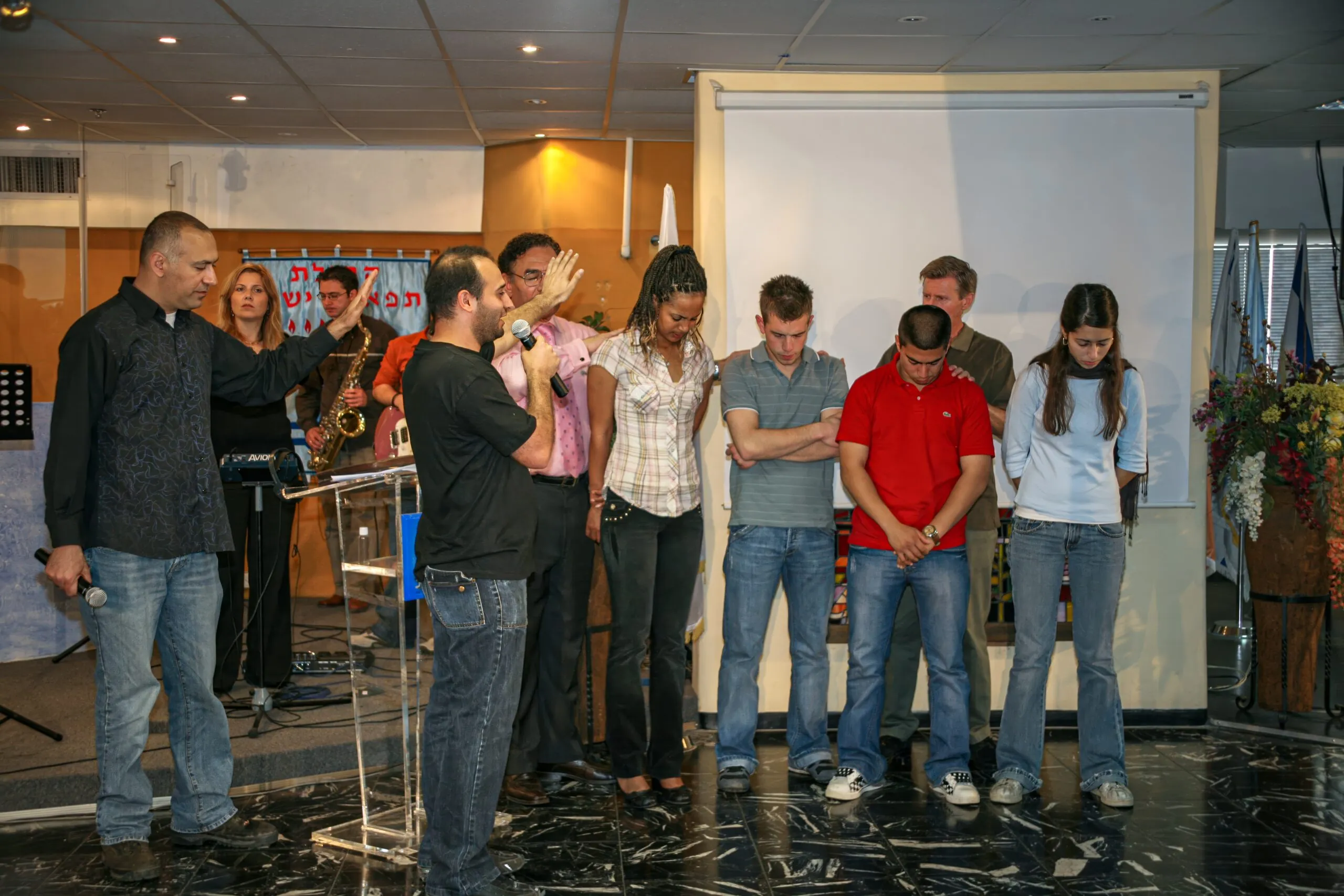
Rooted and Rising in Israel
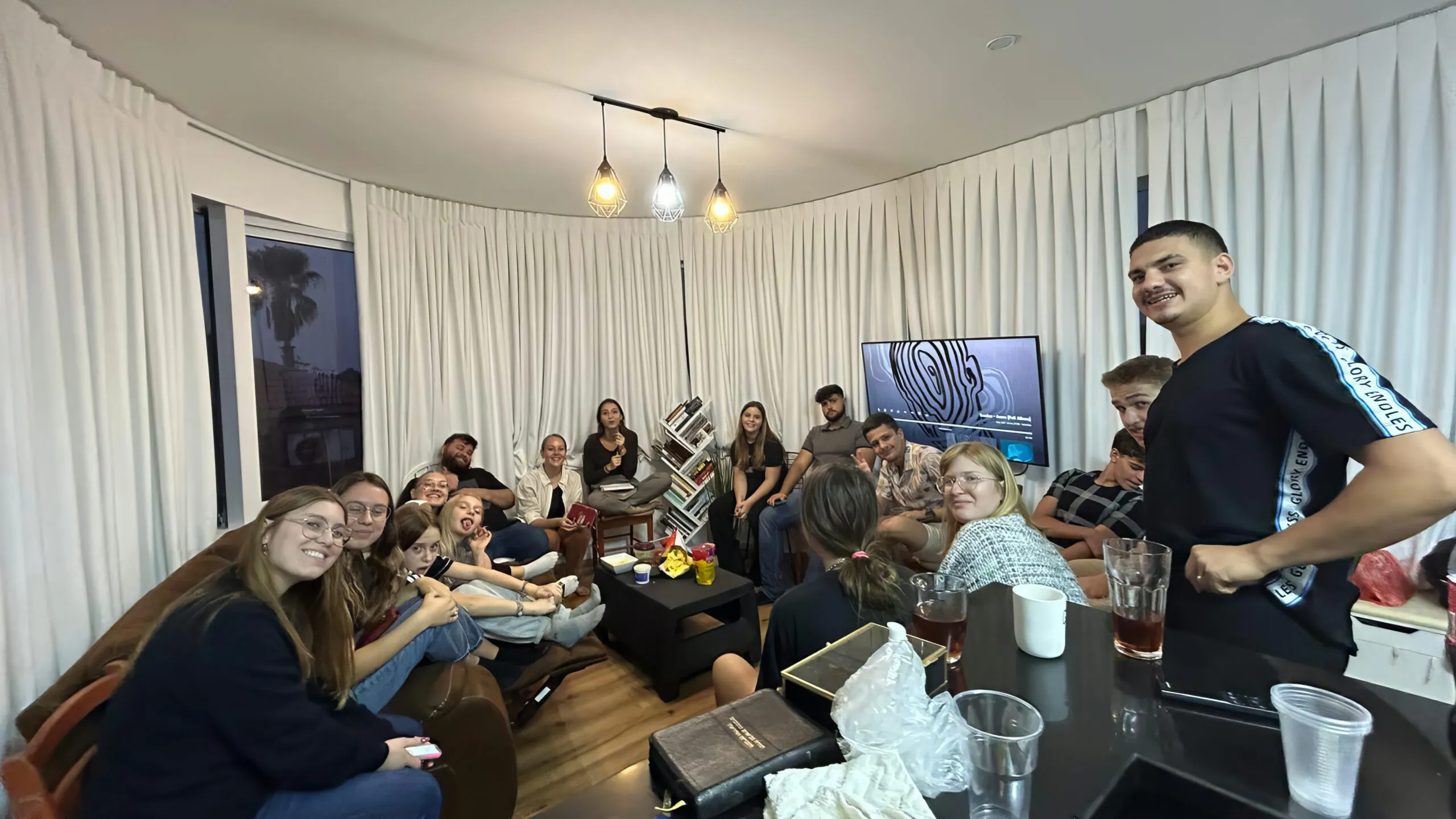
A New Generation Rises

Leaders in the Making

Free Gaza
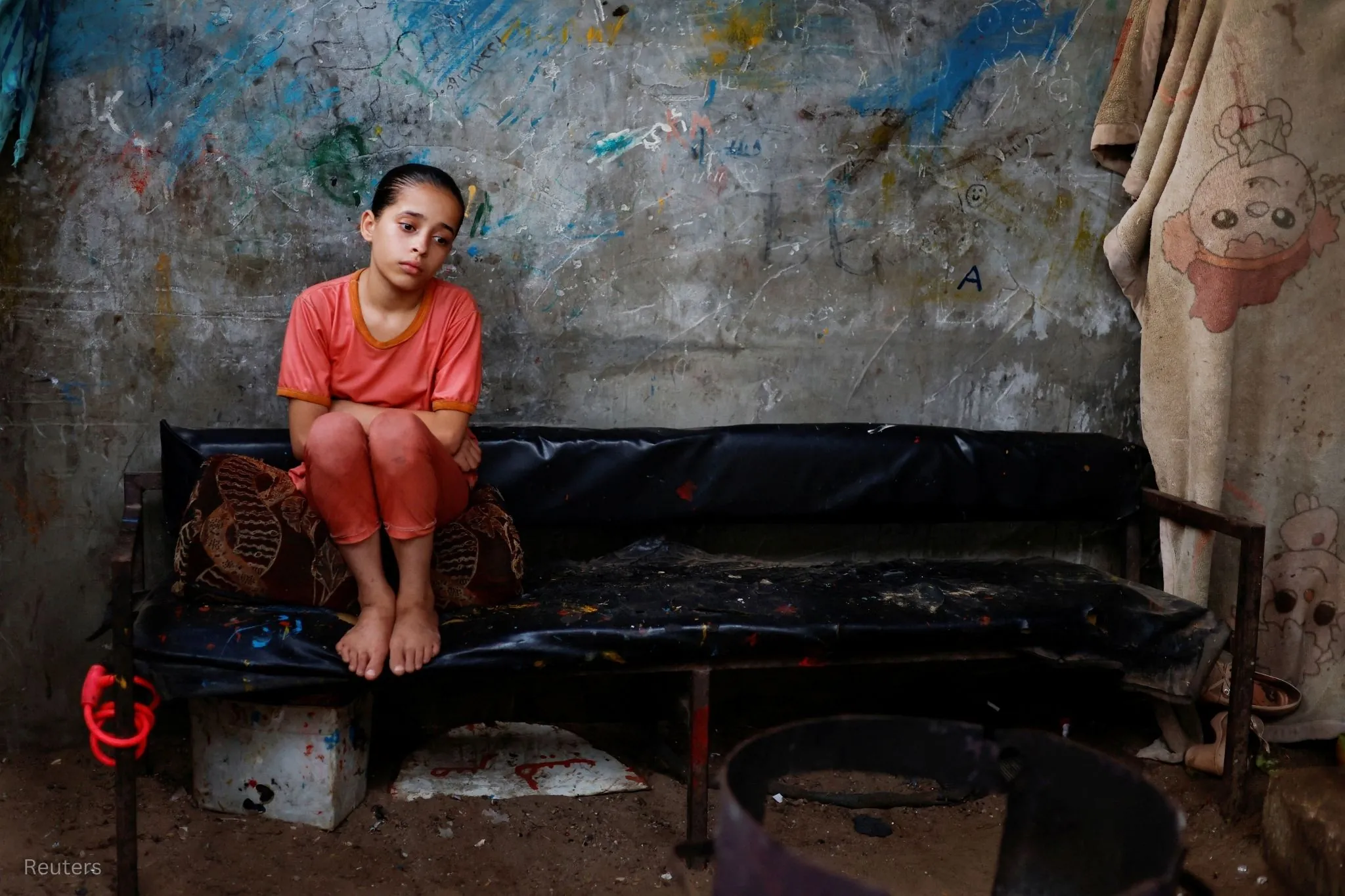
Bringing Light Beyond Borders
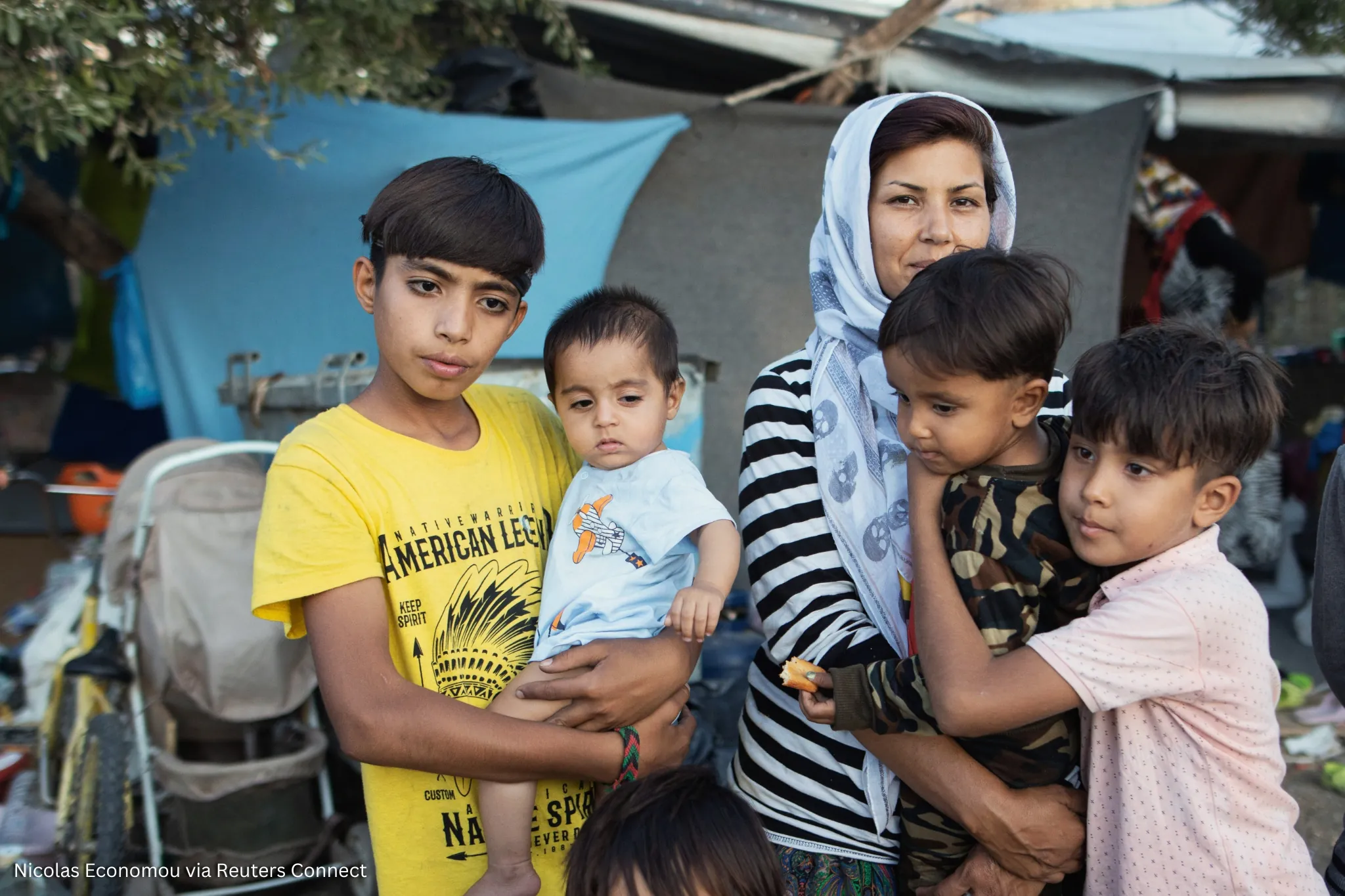
From Crisis to Christ


